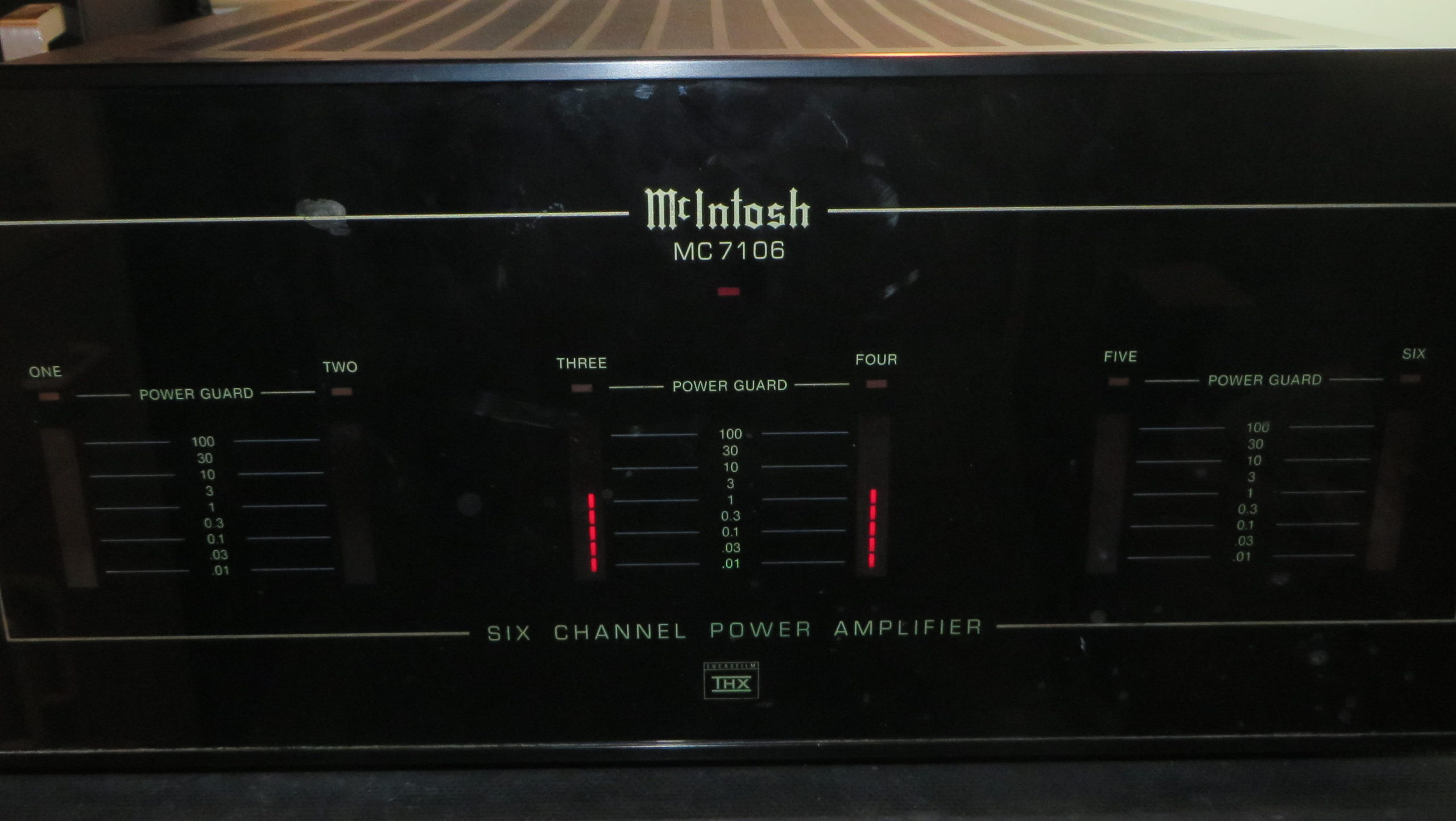I recently had a McIntosh MC7100 on the bench for repair service for crackling noises in the speakers and blowing fuses. I was skeptical of the main power supply, but the main rectifier checked out OK. And the main filter capacitors did their job and built up voltage when the unit was powered.
After a few seconds powered up, however, I did hear some crackling, even without a load on the supply. It took me a second but I isolated it to the sound of the mains relay cycling open and closed. I wasn’t seeing any particular reason for the fuses to blow, but then on one power cycle I observed a visible spark on the power supply board, the relay chattered and the unit drew significant current. That’d do it.
I isolated it to a broken circuit board trace trace which had opened up over time at a point where it turned a corner on the board. A small half-wave rectifier develops the voltage to energize the coil. The suspect circuit board trace is tied to the small rectifier’s filter capacitor. The capacitor is isolated from the circuit when the crack in the trace opens. When this happens there is no way to hold the relay coil voltage that develops. The relay switches on and off repeatedly, while the mains voltage passes directly through the circuit to return (likely blowing the fuse). The capacitor reconnects to the circuit when the crack in the trace closes. In these cases the relay voltage built properly, the relay stayed on, and the unit powered without drama. By adding an external wire to bridge the broken trace, the unit operates great.
If you have odd behavior like crackling noises and blowing fuses don’t wait until something dramatic happens. See Bob the Tech Audio for your McIntosh MC7100 repair service. To get in touch with Bob the Tech, please reach out at our service-request page.

